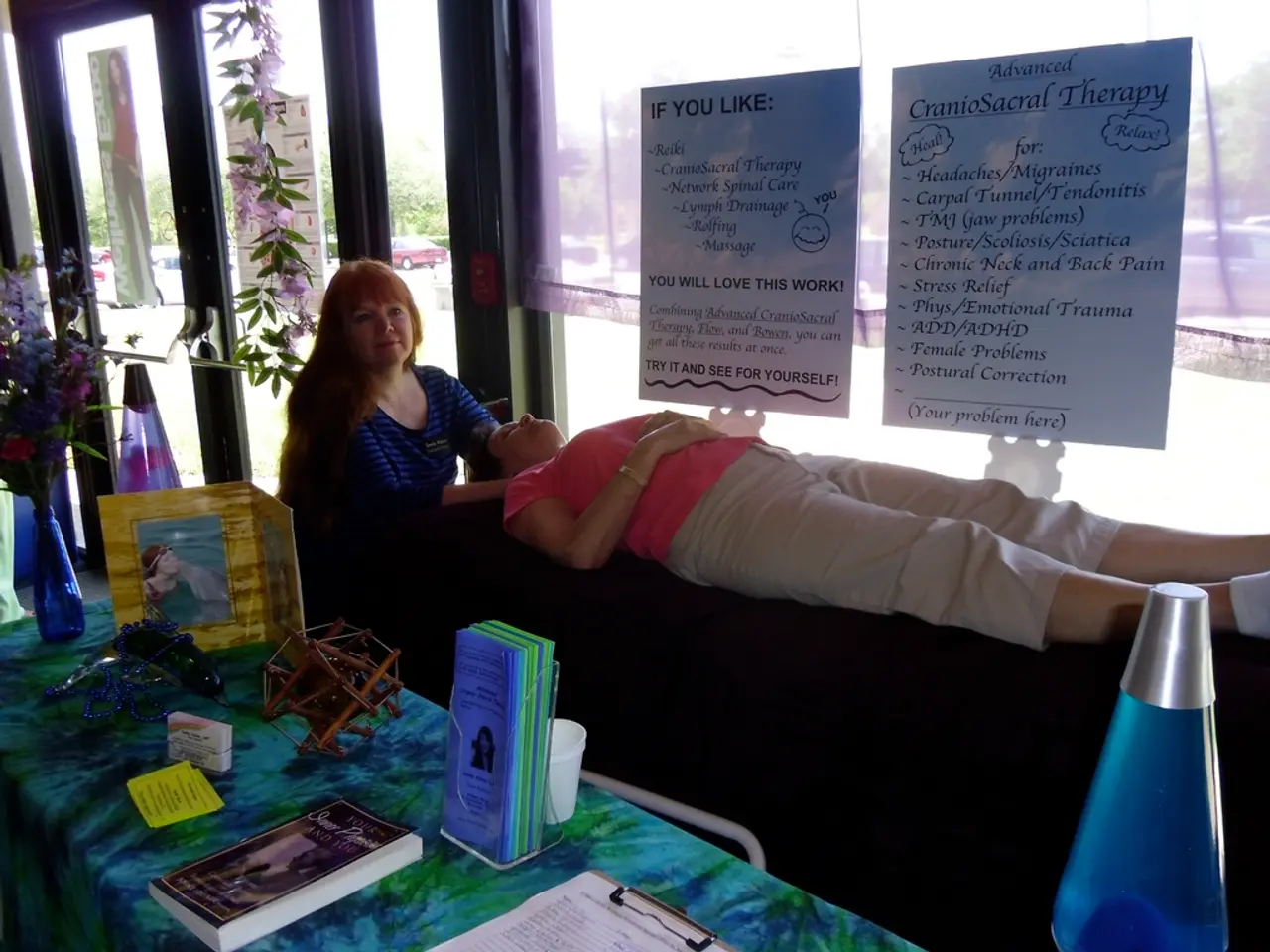Unstuck and Ready to Soar? Counseling or Life Coaching Could Be the Key to Unleashing Your Hidden Talents and Achievements
Approaching the therapeutic process with an open mind and a willingness to explore new perspectives and strategies can be the first step towards improving your mental health. Whether you're dealing with persistent emotional distress, seeking personal growth, or aiming to achieve specific life or career goals, there are two main options to consider: counseling and life coaching.
When to Consider Counseling
Counseling, a clinically oriented approach, is generally suited for addressing mental health disorders, emotional distress, trauma, anxiety, depression, and complex psychological issues. Licensed counselors provide support to regulate emotions, process trauma, and develop coping mechanisms and treatment plans. Indicators that counseling may be needed include persistent emotional distress, difficulty coping with daily life or relationships, a need for diagnosis, trauma processing, or medication evaluation, and challenges with emotional regulation or mental health symptoms.
When to Consider Life Coaching
Life coaching, on the other hand, focuses more on goal-setting, motivation, personal development, and achieving specific life or career goals, without necessarily addressing clinical mental health issues. It is more forward-looking, helping clients with decisions, plans, and accountability but usually does not include treatment of mental illnesses. Life coaching can be particularly beneficial for individuals who feel stuck or unfulfilled in their current circumstances.
Finding the Right Professional
Finding the right counselor or life coach is essential for a successful therapeutic journey. Factors to consider include licensure, expertise, and personal fit. Taking the first step towards seeking professional help can be intimidating, but it is a crucial step towards improving mental health and overall well-being.
Breaking Down Stigma
Seeking professional help for mental health concerns is a sign of strength and self-care, not a sign of weakness. Breaking down the stigma surrounding seeking help for mental health concerns is crucial for individuals to prioritize their mental health and seek help as soon as signs of distress arise.
In summary, if mental health symptoms or emotional difficulties interfere with daily functioning, professional counseling is recommended. For personal growth and goal achievement without clinical issues, life coaching could be the better fit. If uncertain, consulting a mental health professional initially can help identify the most suitable approach.
[1] Mayo Clinic. (2021). Counseling vs. coaching: What's the difference? [online] Available at: https://www.mayoclinic.org/healthy-lifestyle/mental-health/in-depth/counseling/art-20045851
[2] Psych Central. (2021). Counseling vs. Life Coaching: What's the Difference? [online] Available at: https://psychcentral.com/health/counseling-vs-life-coaching-whats-the-difference
[3] Verywell Mind. (2021). Counseling vs. Coaching: What's the Difference? [online] Available at: https://www.verywellmind.com/counseling-vs-coaching-2795546
[4] GoodTherapy.org. (2021). Counseling vs. Coaching: What's the Difference? [online] Available at: https://www.goodtherapy.org/learn-about-therapy/issues/counseling-vs-coaching
Resilience can be boosted through effective communication skills and mental health coaching, helping individuals overcome challenges and achieve their health-and-wellness goals. In the therapeutic process, science plays a crucial role in understanding mental health issues and selecting appropriate treatments, whether that's counseling or coaching. Breaking down the stigma surrounding mental health concerns is necessary to encourage people to prioritize their mental health, seek help when needed, and develop resilience.




